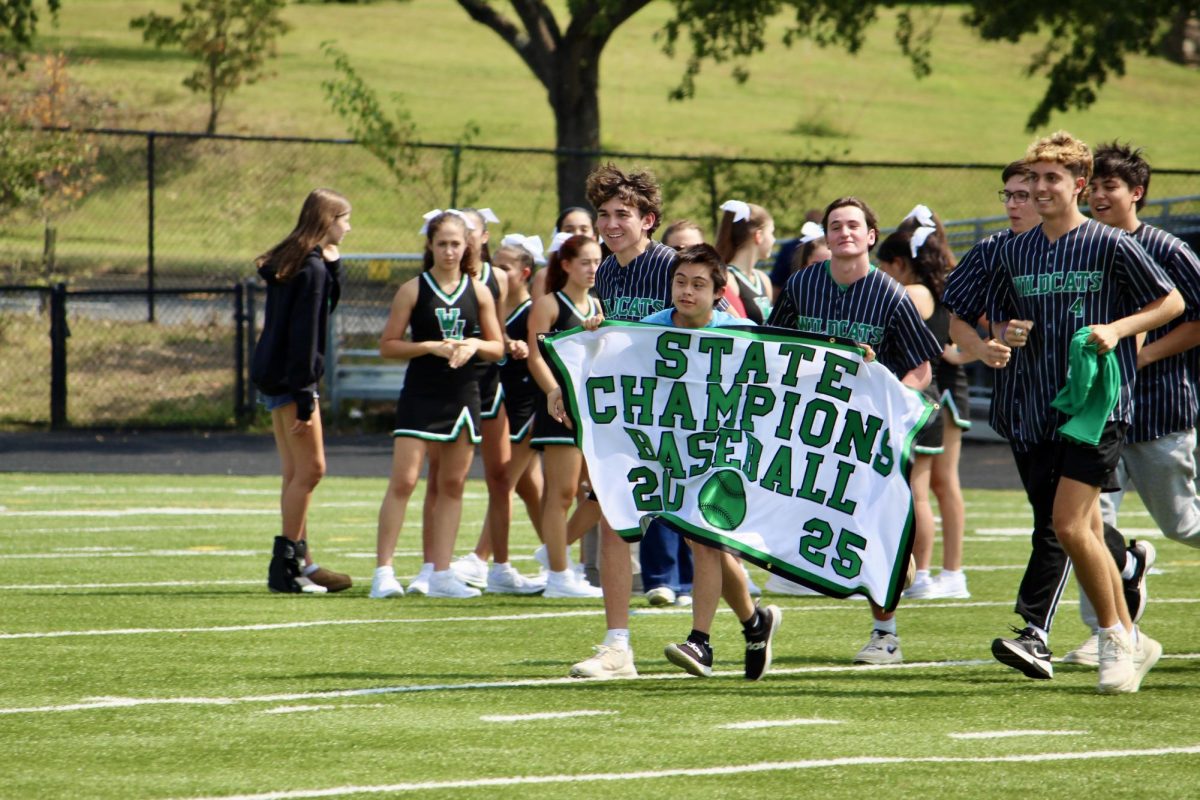
As seniors start to submit their college applications, many are realizing something that should be common sense: they should have been talking with their counselor more. Counselor recommendation letters are a critical part of any college application, and yet many students only talk to their counselor if they’re forced to. This widespread refusal to take advantage of what counselors have to offer is hurting students’ high school and college careers, and needs to be addressed.
Meeting with a counselor regularly throughout high school creates a much more personal relationship than rushing to become their best friend in senior year. Even if it’s just once every month or two, keeping your counselor updated on what extracurriculars you’re doing, how your classes are going, or even just what you’re up to allows them to get a fuller picture of who you are. Doing so will help your recommendation be more detailed, personal and heartfelt. Asking your counselors questions is also a great idea, as it shows that you’re engaged and interested in preparing for the future.
Colleges won’t be impressed if all the counselor does is restate what your transcript already tells them, but if the letter describes how you consistently displayed leadership and took the initiative, it’ll set you apart from other applicants.
“They [colleges] want to know what you’re engaged in, you know, and how it impacts those around you,” counselor Dennis Reynolds said.
Counselors want to write you a good letter of recommendation, but they can’t unless students do their part.
“I think it takes a little bit of effort from both sides, but my best letters have come from students who were really proactive about just checking in,” Reynolds said.
However, most students don’t put in even the small amount of time required to do this. The Pitch polled 193 students, and discovered that 46% only see their counselor one to two times per year and just 30% see them between two and five times a year. These statistics are disturbing; if you can’t recognize your counselor when you pass them in the hallway, how are they supposed to write a unique recommendation? The answer is they can’t, and so they don’t. Visiting your counselor every once in a while to update them on what’s happening in your life is an easy and effective solution.
An excuse students often use for not engaging with their counselor more is that since counselors are so busy, they don’t want to bother them. While it’s true that our counselors have a lot of work , it’s still their job to help you and having short meetings with them won’t interrupt their schedule.
“I think we, as counselors, oftentimes will get bogged down with paperwork, attendance issues, grade issues, you know, the stuff that’s not so much fun about being a counselor. I think we would all welcome just a face-to-face ‘Hey, this is what’s going on in my tenth grade life’, you know, ‘This is what I’m doing for fun, this is what my family’s planning to do over the summer,’ because that kind of engagement doesn’t happen enough and it’s welcome, it really is,” Reynolds said.
However, some students argue that scheduling appointments is time-consuming and that their counselors don’t even respond to their emails. While some counselors are better at getting back to students than others, many allow them to show up without an appointment. If you head to the counseling office, room 155, at the beginning or end of lunch, it’s likely that they’ll be available to talk, and if they’re not there you can always ask the counseling secretary when they’ll next be available.
Overall, counselors are immensely valuable assets both for high school and college admissions and all students should make forming a relationship with them a priority. It doesn’t take much effort, but it has a significant positive impact on students’ futures.














